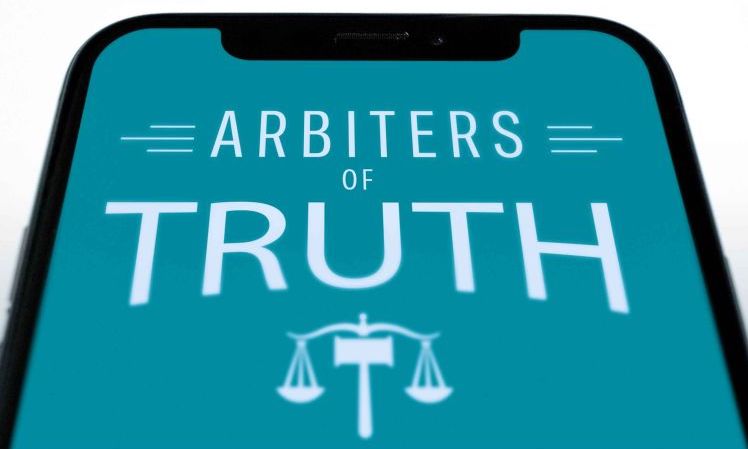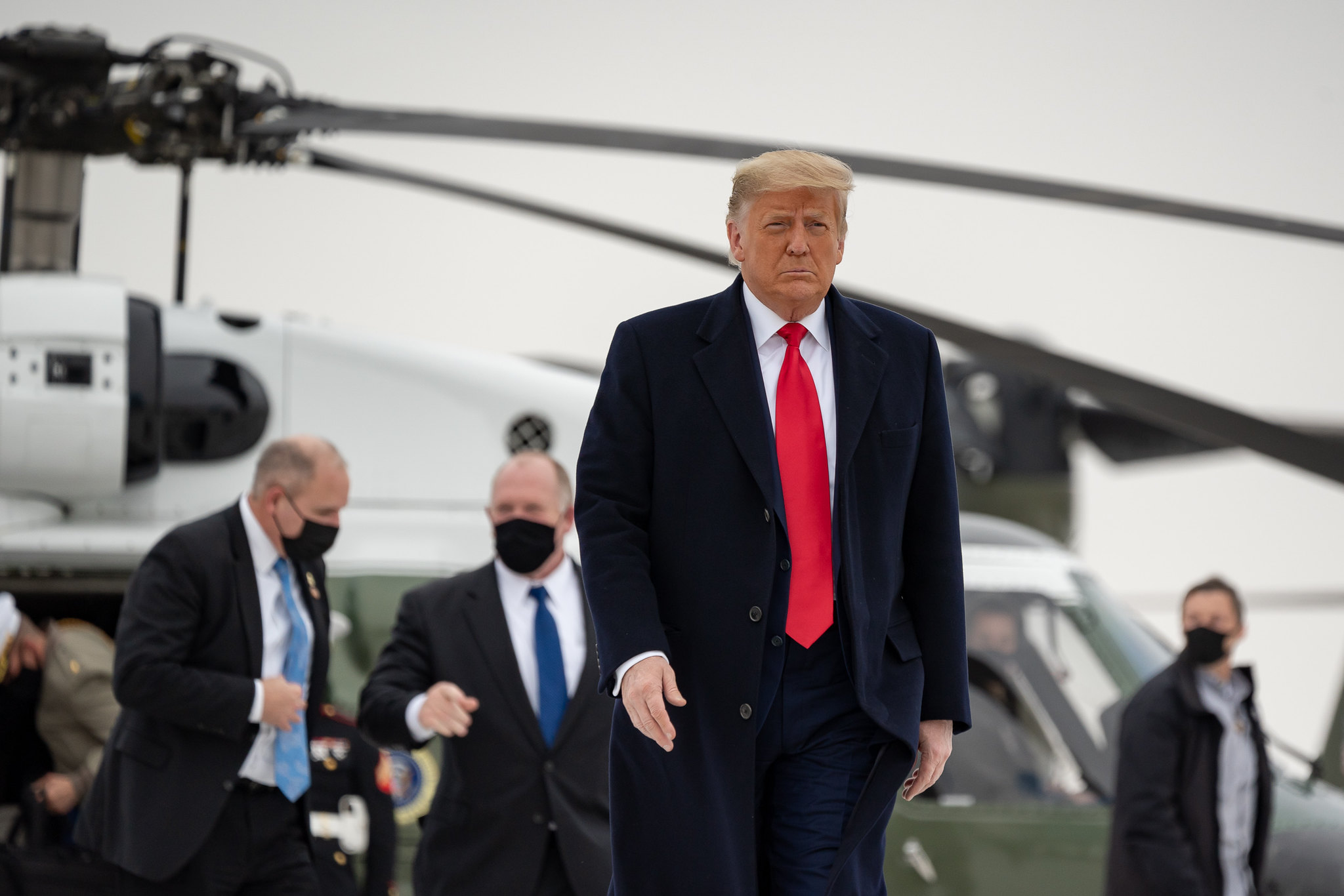-

A Proposal for a Commission on the Capitol Siege
An attempt to sketch out the justification for a commission as well as the mandate, major areas of inquiry and legislative language that are needed to guide this effort. -

NSA Releases Appendix to Rules Governing SIGINT Collection
-

Explaining the SIGINT Annex
Highlights from an overview of the NSA’s new document explaining the rules that govern the collection of signals intelligence. -

Cyberattack Attribution as Empowerment and Constraint
The US policy of “defend forward” and “persistent engagement” in cyberspace raises the stakes of this attribution question as a matter of both international and domestic law. -

Are There Shortcuts for the U.S. to Rejoin the Open Skies Treaty?
Various theories have been proposed for the U.S. to rejoin the Open Skies Treaty without presenting it again to the Senate for advice and consent to ratification; some are legally unsupportable, while ot... -

Fault Lines: Are We Bangui? Continued Crisis on Capitol Hill
The latest episode of Fault Lines -

Today’s Headlines and Commentary
Lawfare’s daily roundup of national security news and opinion -

Reassessing the Carter Administration 40 Years Later
A review of “His Very Best: Jimmy Carter, A Life” by Jonathan Alter (Simon & Schuster, 2020) -

The Lawfare Podcast: Jonathan Zittrain on the Great Deplatforming
-

The Biden Administration and International Climate Change Policy and Action
President-elect Biden is expected to initiate the process of rejoining the Paris Agreement on Inauguration Day. But the hard part will be coming up with a quantitative statement of how and by how much U.... -

SolarWinds Is Bad, but Retreat From Defend Forward Would Be Worse
Russia launched SolarWinds—the latest in a long series of hostile Russian cyber operations—not because the U.S. has engaged too proactively in cyberspace. Quite the opposite; it did so, very simply, beca... -

Felony Murder and the Storming of the Capitol
Though the facts of precisely what happened at the Capitol are still coming to light, it seems likely that prosecutors could file felony murder charges against at least some of the rioters. -

Social Media Companies Need Better Emergency Protocols
Social media companies should develop emergency protocols to counter the exploitation by malign agents and states that seek to foment violence. -

Rational Security: The 'So Not-Nice They Impeached Him Twice' Edition
-

Necessary and Insufficient: The Problems Impeachment Does Not Solve
The bipartisan impeachment vote is an important and necessary step. But it fits President Trump’s final days only awkwardly. -

The Cyberlaw Podcast: China and the CIA: A Wilderness of Mirror Imaging
-

Today’s Headlines and Commentary
Lawfare’s daily roundup of national security news and opinion -

The Lawfare Podcast: Late Impeachments
-

Supreme Court Hears Oral Argument in Collins v. Mnuchin
On Dec. 9, the Supreme Court heard a challenge to the constitutionality of the Federal Housing Finance Agency. The case may determine Congress’s ability to limit the president’s removal power. -

The Coronavirus Games: A Geopolitical Spy Story
Around the world, spies are being used to respond to the pandemic by collecting information and equipment, engaging in information warfare, and exploiting contact-tracing platforms.
More Articles
-

Lawfare Live: Trials of the Trump Administration, April 4
Join the Lawfare team at 4 pm ET for a discussion of the litigation targeting actions from President Trump. -

Why U.S. Leadership in AI Necessitates Global Collaboration
U.S. leadership in AI poses the best counter to China’s AI influence. -

Rational Security: The “Space Base Oddity” Edition
Scott Anderson, Natalie Orpett, and Eric Ciaramella talked through the week’s big national security news.
















